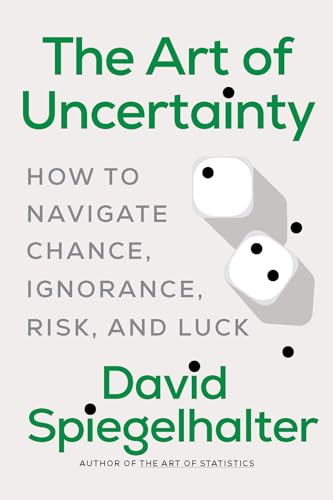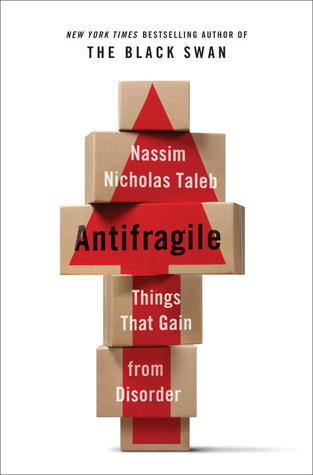
The Black Swan: The Impact of the Highly Improbable
Book Description
What if the most transformative events in your life are the ones you least expect? Enter the world of 'The Black Swan,' where Nassim Nicholas Taleb unveils the chaos lurking beneath the surface of our predictable lives. With compelling insights, he exposes how rare, unpredictable occurrences shape our reality and challenge our understanding of risk. From epic financial crashes to life-altering discoveries, the unseen forces that dictate our fate are both exhilarating and terrifying. As conventional wisdom crumbles, one question looms large: Are you prepared for the black swans that lie ahead?
Quick Book Summary
"The Black Swan: The Impact of the Highly Improbable" by Nassim Nicholas Taleb is a provocative exploration of unpredictability and our flawed attempts to anticipate the future. Taleb introduces the concept of "Black Swan" events—rare, unforeseen occurrences with massive consequences that fundamentally shape history, science, and finance. He argues that most people are blind to these improbable events because of cognitive biases, overreliance on statistical models, and a desire for story-driven explanations. Taleb critiques our reliance on forecasting, advocating for humility and resilience in the face of uncertainty. Ultimately, the book challenges readers to reconsider how they assess risk, prepare for the unknown, and interpret the world around them.
Summary of Key Ideas
Table of Contents
The Nature and Impact of Black Swan Events
Taleb defines a "Black Swan" as an event characterized by unpredictability, extreme impact, and retrospective explainability. These events are rare and outside the realm of regular expectations—examples include the 9/11 attacks, the rise of the internet, and major financial crashes. Despite their rarity, Black Swans disproportionately shape history, science, and markets. The author stresses that the most significant changes come from these outliers, not from the predictable, incremental events we routinely prepare for.
Human Biases and the Limits of Prediction
Human beings, according to Taleb, are ill-equipped to anticipate Black Swans due to various cognitive biases. Notably, the narrative fallacy—the tendency to create simplified stories to explain complex events—leads us to believe we understand the past and can forecast the future. Confirmation bias and hindsight bias further obscure our perception of risk, making us overconfident in our ability to predict and control outcomes. Our psychological make-up drives us to seek causality where there is randomness, distorting our understanding of probability and rare events.
Problems with Traditional Models and Forecasting
Taleb criticizes traditional risk assessment tools and models, such as Gaussian bell curves and historical data-driven forecasting. These models assume a certain regularity and ignore the presence of "fat tails"—the small probability, high-impact events. By underestimating the frequency and impact of outliers, organizations and individuals expose themselves to devastating surprises. The misuse of statistical tools creates a false sense of security and leaves systems vulnerable to collapse when Black Swans occur.
Embracing Uncertainty and Building Robustness
In contrast to prediction, Taleb suggests embracing uncertainty and building systems that are resilient, or even "antifragile," to rare shocks. He advises skepticism toward experts and portfolio diversification as a way to withstand unpredictable events. Cultivating flexibility, maintaining options, and avoiding rigid reliance on forecasts allow individuals and organizations to better absorb shocks. Taleb encourages proactive preparation for the unimaginable, rather than naive attempts at foresight.
Ultimately, "The Black Swan" is a philosophical treatise and practical guide for living in a world dominated by uncertainty. Taleb urges readers to recognize the limits of human knowledge, accept the inevitability of unpredictable events, and cultivate qualities that help us endure them. He argues for a transformation in our attitudes toward risk, warning against the comforts of conventional wisdom. By learning to question narratives and prepare for volatility, we can better navigate a world of unknowns.
Download This Summary
Get a free PDF of this summary instantly — no email required.





